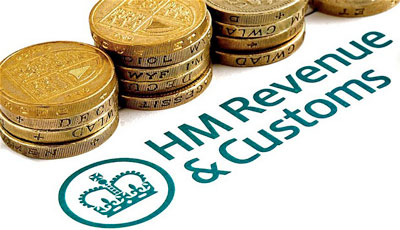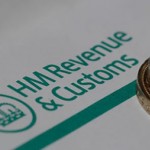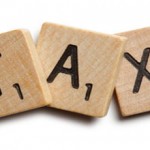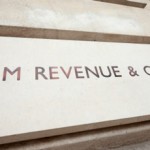HMRC imposes 45% corporation tax without warning

The government have imposed a 45% corporation tax on restitution interest from 21 October without any warning or consultation.
Corporations will be charged at the special rate of 45% instead of the normal 20% rate of corporation tax on restitution interest. Businesses who now are successful in their claims against HMRC for ‘mistake of the law’ or unlawful collection of tax will be penalised, yet HMRC reasoned these changes in their policy update by explaining that this measure will ensure that restitution recipients won’t enjoy favourable tax advantages.
This policy change crept in as an amendment to the Finance Bill, but Wayne Neale, Larking Gowen’s head of tax, questioned why this wasn’t part of the draft Finance Bill originally. “It has been added as an amendment, but it’s quite a big amendment, it’s not a minor detail.”
Neale is not surprised by the amendment’s lack of notice or a parliamentary debate. “It’s an affront to the democratic process but not unexpected behaviour from an increasingly unprofessional tax authority.” Neale said.
This policy change would likely squash appeal results similar to the Littlewoods’s right to compound interest victory on their overpaid VAT refund earlier this year. At the time, HMRC considered the court of appeals ruling at odds with the requirements of the European law. While HMRC has contested the amount of interest paid, since the ruling there have been a number of substantial repayments stretching back from the 1970s.
After suffering losses in a number of court cases, RSM’s George Bull questioned whether HMRC’s latest policy change smells of sore losers. “Why should HMRC tax the interest at all?” Bull asked. “After all, restitution interest was intended to remove from HMRC all of the benefits it had received through the overpayment of tax. Many think that it is a bit rich for HMRC to try to claw 45% of that back now,” he said. From the people Neale has spoken with they have been cynical about HMRC’s motivations. “It implies that they feel that they’re going to lose on the compound interest, or in danger of losing, so I guess they feel they have got to do something to stem the tide,” Neale said.
How HMRC arrived on 45% is also proving to be a contentious point. The Revenue looked at the average rates of corporation tax from 1973 to date. The dispute is that many of the claims people are making are from the 1990s onwards when the rates were only ever as high as 34%.
Many advisers, Neale said, will be fighting these cases and trying to reduce the amount of adjustments which will have an impact of the fee received. HMRC is one step ahead of the advisers willing to fight the cases of the larger companies; HMRC will deduct the tax at source from 26 October. “It almost seems doomed to more litigation to argue the point,” Neale said.
Source: AccountingWeb – HMRC imposes 45% corporation tax without warning





























